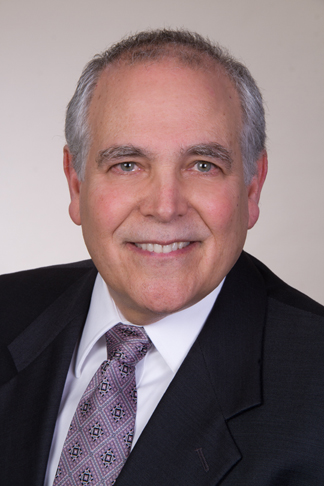After receiving his B.A. in Urban/Government Studies from the University of Connecticut in 1969, Mr. Spector researched his options for service to the community. Among his choices were service in the Peace Corps, the military, and/or law enforcement. Although he had a medical disqualification from the draft board (bad knees), in 1970 during the Vietnam era he volunteered to serve in the Air Force. He simultaneously applied to the Hartford Police Department. He was accepted for a position with the Hartford Police Department but soon after was accepted into the Air Force. He was granted a leave of absence from the Police Department and became a distinguished graduate of the U.S. Air Force School of Military Science, and was trained as a pilot. With the war winding down Mr. Spector made the career choice to return to policing and continue with the Air Force on reserve status where he served for four more years until he was honorably discharged as a 1st Lieutenant in 1975. To enhance his ability to serve the community he began taking Spanish courses resulting in a second B.A. in Foreign Language Studies from the University of Hartford (1975).
Mr. Spector’s positions at the police department included patrol officer, civil litigation officer, and acting general counsel. He also served on the accident and firearms review boards. These legally related positions concerning police liability and misconduct influenced his decision to continue his education, earning a Juris Doctorate at the University of Connecticut School of Law (1981). He developed the first police liability training program in Connecticut, which is now mandated by POST.
In 1980 Mr. Spector, while clerking for Superior Court Judge Milton Fishman, (President of the Connecticut Criminal Law Foundation, Inc., a non-profit police training entity established under a Federal Grant), was asked to teach a class on police and the law. The appreciation of officers in class and the realization of his ability to positively influence officers soon made teaching a passion. In 1986 he succeeded Judge Fishman and has been President of Spector Criminal Justice Training Network, Inc., formerly known as Connecticut Criminal Law Foundation, Inc., ever since. Spector Training provides quality training to thousands of CT’s law enforcement officers from Patrol Officers to Chiefs of Police.
Since 1981 Mr. Spector has been in private practice representing police officers in various capacities. He has litigated numerous cases including 25 appellate arguments before our State Appellate Court and the Second Circuit, as well as, several briefs to the U.S. Supreme Court. He is presently with the general practice firm of Hassett & George, serving the needs of officers and their families.
During his thirty-seven years of representing the law enforcement community, he has seen a steady decline in the number of meritorious lawsuits brought against police officers related to alleged civil rights violations. He attributes this to the quality of training being offered to Connecticut police officers by qualified subject matter professionals, as well as, the pre-action advice and policy review to departments he serves.
Improving the quality of policing improves relationships with members of the community, reduces crime and enhances the ability of police to serve and protect the community. There is a direct correlation between the quality of police training and job performance. Reducing the incidence of misconduct and negligence saves lives, reduces injuries and lawsuits and the attendant related costs. As an attorney, Mr. Spector may spend months or years working on a lawsuit. As a teacher, he can prevent a future suit in one class day. The cost of the single class pales in comparison to the human and financial losses related to a single incident resulting in a civil rights violation and/or physical harm leading to litigation.
Mr. Spector has served on advisory committees for the NIJ, FBI, DEA, IACP, Connecticut Legislature and law enforcement committees. He has provided legal advice and/or worked on policies for the majority of Connecticut’s municipal police agencies.

